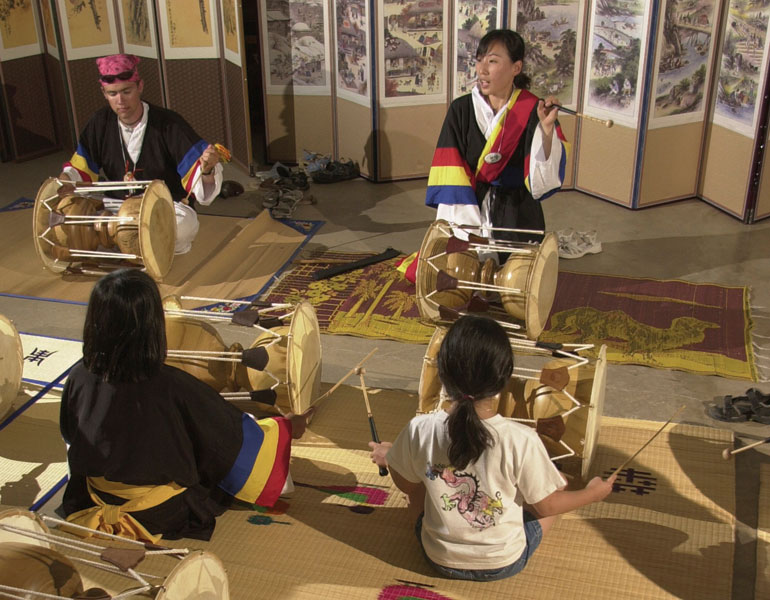One of the joys of adopting a foreign-born child is celebrating his birth culture. Culture camps — filled with activities, foods, and opportunities to be with same-culture peers — can build a child’s appreciation of his heritage and support his self-esteem.
But would your child benefit from attending one? Before packing his bags, consider the different types of camps and your child’s social readiness.
Explore Your Options
Camps differ in length, intensity, and level of family participation.
- Day camps provide cultural activities for either a few hours or a full day before children go home at night.
- Residential camps are available for children as young as six and can last anywhere from a weekend to a week. They often involve the entire family at the beginning and end of the camp experience.
- At family camps, kids attend activities during the day, while Mom and Dad spend time with other adoptive parents. In the evenings, families come together for cultural events.
To choose the right kind of culture camp, think about how your child behaves socially. Some six- to eight-year-olds are shy when it comes to new settings. Others dive right in and form friendships, but have trouble sustaining them for more than an afternoon without adult intervention.
Still other kids are comfortable spending the weekend at Grandma’s but are overwhelmed at sleepaway camp, where everything is unfamiliar.
And remember, culture is much more than where a person was born. As a multicultural family, it’s important to celebrate all the rich cultures your family represents. Ultimately, your child should be comfortable with his own cultural identity, based on a blend of his birth and adoptive backgrounds.
Still, six- to eight-year-olds tend to be more interested in seeing how they are like Mom and Dad than how they are unique. That’s why most camps for this age group reinforce the idea of an entire family’s commitment by welcoming parents, not just the kids.
Culture camp should build on your child’s self-esteem and celebrate his heritage. For this to happen, the experience should ideally extend beyond camp. Help your child stay in touch with new friends via letters, e-mails, or get-togethers.
But remember: Honoring your child’s cultural origins is a lifelong journey. The pace you set and the pathways you choose depend upon your child and your family.



